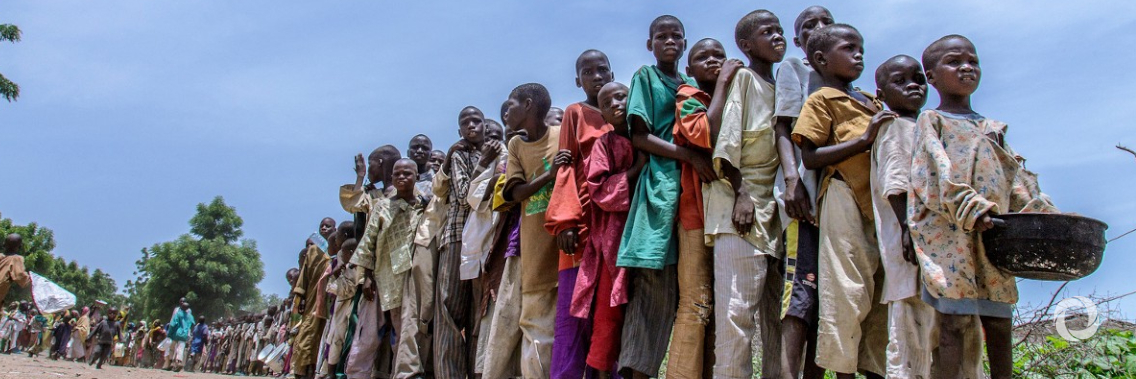The last decades have witnessed extraordinary growth in NGOs work in all spheres of humanitarian activities worldwide. Still, they always faced many internal and external challenges, and difficulties prevented them from achieving their goals and leaving a positive impact.
In my opinion, the biggest challenge that will always face NGOs and all humanitarian actors is the “security mindset,” in other words, “waiting for disasters to come, not thinking how we might fail and not expecting the future. ”
This is what we see now in 2020 with the COVID 19 crisis and the running behind finding the vaccination.
I think with a security mindset, people/nations/countries/communities/ societies will always respond late. Instead of thinking about the future, responding in a timely manner, and work to prevent it, they will wait until they feel threatened.
In my opinion, the next 10 years will not be easy, we will witness eight humanitarian crises by 2030 :
1- Large-scale involuntary migrations due to persecution, insecurity, conflict, natural disasters, environmental degradation, endemic poverty, and a lack of opportunities.
2- State fragility and system failure because of endemic poverty, economic stagnation or decline, demographic pressure.
3- Persecution of minorities. Discrimination, exclusion, and the threat of physical violence due to ethnicity, religious belief, skin color, gender, or sexual orientation.
4- Sudden-onset disasters caused by natural hazards. geophysical, hydrological, or weather-related events.
5- Epidemics like (Ebola, HIV, COVID19, and we might see other infections and diseases). Limited health systems in resource-restricted countries and competing health priorities will make the management of epidemics difficult.
6- Man-made destructive events (conflicts, wars, attacks) The risks are predictable, with the possibility to put in place emergency and anticipatory measures at the local, national, or even regional level. However, the event itself and the targets are hard to predict.
7- Protracted denial of service, which could be the result of a cyber or technological attack resulting in a full and prolonged infrastructural disruption. With the growth of the internet and the proliferation of systems that depend on it, in the worst cases, these crises can cause a system collapse
8- Economic crises in the middle- and high-income countries (national or global economic crises or stagnation could create a broader systemic failure. Local economies, unable to absorb the shock, would see increasing unemployment, inflation, and poverty.)
There are too many recommendations, guidelines, and activities to respond to and prevent these crises. We must understand that people have fear. Still, we shouldn’t be driven by it — fear is a good servant but a bad master, and we need to resist it, or we will always be late.
Delivering assistance to affected populations is a multi-sectoral affair that involves NGOs, governments, local businesses, and large multi-national corporations before, during, and after a crisis.
INGOs, UN agencies, and Donors will need to work against the current structure to shape their new role in the evolving system. This will require a focus to deliver much-needed humanitarian aid in the near-term while concurrently challenging themselves to make the investments necessary for a successful strategic shift and focus more on prevention.

